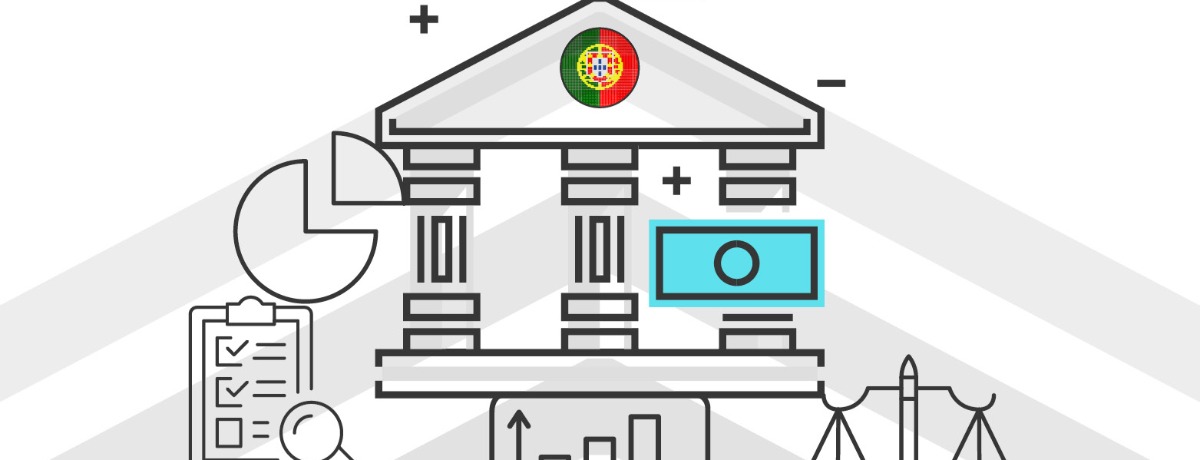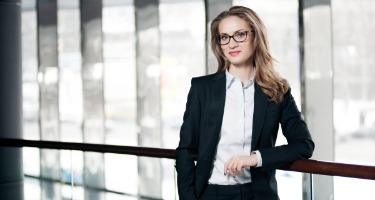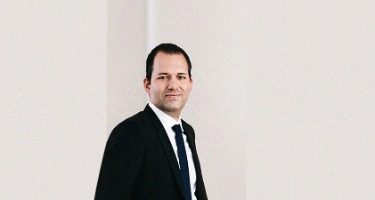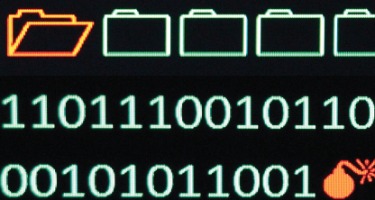Miguel de Almada and Frederico Bettencourt Ferreira of Cuatrecasas discuss their firm’s 2019 “Law Firm of the Year” award for Litigation and Arbitration in Portugal. Along with the strategies their team uses to stay competitive in the field, de Almada and Ferreira discuss the ways Cuatrecasas is embracing legal tech, and the firm’s unique startup accelerator program.
What achievements are you all proudest of from this past year?
Miguel de Almada: Firstly, I would highlight the performance of the team. We are a very strong group, with high-profile lawyers, all of whom have had a tremendous performance throughout the year and have been involved in very important cases.
Frederico Bettencourt Ferreira: As Miguel said, we have been working on a vast array of cases, and we are at the forefront of the legal practice in Portugal. We still represent the Central Bank of Portugal in many disputes concerning the resolution measures applied to a couple of Portuguese banks during the crisis of the last year. Those resolution measures applied by the Bank of Portugal created a “tsunami” of litigation, from many clients and investors, and a few very high-profile cases, including against Goldman Sachs and other huge companies.
We also represented a state-owned company in a real estate dispute, in which the claimant was seeking a compensation of approximately 150 million euros, for breach of contract. We assisted this company in arbitration proceedings and managed to get the tribunal to dismiss almost the entirety of the claim. Of those 150 million euros, the tribunal awarded them only two. But still we appealed to the Lisbon Court of Appeal and we managed to have the claim entirely dismissed from 150 to zero.
Are there any trends you have witnessed within litigation and arbitration in this past year?
Miguel de Almada: Trends in litigation and arbitration usually take more than a year to emerge and consolidate, but I would say that banking and finance is still the core of litigation and arbitration in our jurisdiction. We are witnessing a shift away from restructuring issues, arising from the crisis, towards commercial disputes and other projects. There is more of a focus of foreign investors in Portugal. We are also seeing a growth in real estate and construction disputes. Energy is definitely a trend. So are technology issues related to cybersecurity and data protection.
I would say we are still waiting for these two last types of disputes to come into the commercial disputes arena, because mostly what we see now are still regulatory issues or regulatory disputes, cases with the authorities. But, with no doubt, in the future there will be more disputes between companies and between companies and groups of individuals on these matters.
You mentioned data privacy concerns. In what other ways has technology affected litigation and arbitration?
Miguel de Almada: I think we all have been witnessing and anticipating the impact of technology in the legal profession for some years now. What we have seen so far, however, is affecting other areas of law much more than litigation and arbitration.
But this is coming. More and more the market demands efficiency, innovation, and adaption. And we are working on that side—the improvement of case management tools is an example. Cuatrecasas is an international firm, and tools that allow teams to work seamlessly together with lawyers in different countries are very useful. Technology also allows us to be more efficient in analyzing and classifying documents in some high-profile cases. It gives us the opportunity to search for specific issues that we want to locate in a wide range of documents.
Frederico Bettencourt Ferreira: I would mention that three or four years ago, Cuatrecasas began a startup accelerator program called “Cuatrecasas Acelera” that focuses on the legal tech sector.
That program has helped launch several startups that deal exactly with the challenges that we face in the areas of document reviewing and artificial intelligence. This year, we have broadened the scope a little bit, and we are not only focusing on legal tech. The program has received so much attention that it makes sense to widen its scope. But it is something that shows our commitment to being always at the forefront of what is happening in all areas that may help us deliver better service and state-of-the-art service to our clients.
We are witnessing a shift away from restructuring issues, arising from the crisis, towards commercial disputes and other projects.
How does Cuatrecasas stay agile against competitors in litigation and arbitration?
Miguel de Almada: Within the international practice, the synergies between the practices in different geographies are key. Cuatrecasas is an international firm with high profile teams across several jurisdictions. Of course, we need to take advantage of that. Technology allows us to enhance this and also to innovate and create business-oriented tools to better represent the interest of the clients, which is the key factor.
We focus on the quality of the service and efficiency. We are focused on knowing the clients and knowing the files and cases very well. We try to have a tailor-made approach to every case and build a team made of seniority, experience, and expertise as necessary.
And, of course, I would also highlight our constant focus on training our lawyers, but also enhancing their experiences by working in different locations, in different teams and in different areas of our practice. This allows us to stay as agile as possible and to compete at a higher level with other firms in this area.

































